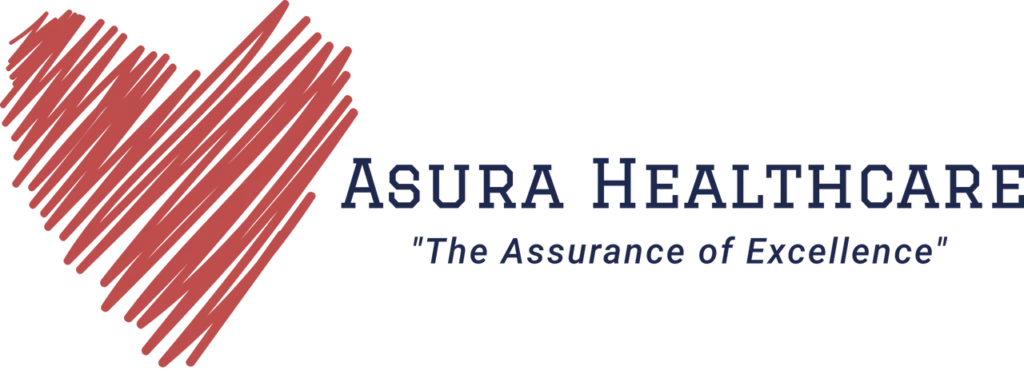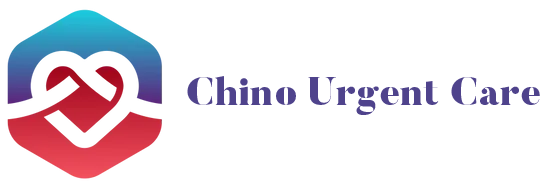Opioid Use Disorder and Substance Use Disorder
Opioid use disorder (OUD) and substance use disorder (SUD) represent a significant public health concern globally. Opioids are a class of drugs that include prescription pain relievers such as oxycodone, hydrocodone, and morphine, as well as illicit drugs like heroin. While opioids are effective in managing pain when used as prescribed by a healthcare professional, they also carry a high risk of misuse, dependence, and addiction.
Statistics:
- According to the Centers for Disease Control and Prevention (CDC), nearly 500,000 people in the United States died from opioid overdoses between 1999 and 2019.
- In 2019 alone, approximately 70% of the 70,630 drug overdose deaths involved an opioid.
- The economic burden of prescription opioid misuse in the United States is estimated to be over $78 billion annually, including the costs of healthcare, lost productivity, addiction treatment, and criminal justice involvement.
Signs and Symptoms of Opioid Use Disorder:
- Taking opioids in larger amounts or for longer than intended
- Unsuccessful attempts to cut down or control opioid use
- Spending a significant amount of time obtaining, using, or recovering from opioids
- Cravings for opioids
- Continued opioid use despite experiencing negative consequences
- Developing a tolerance to opioids, requiring larger doses to achieve the desired effects
- Experiencing withdrawal symptoms when not using opioids
Treatment Options:
- Medication-Assisted Treatment (MAT): MAT involves the use of FDA-approved medications, such as methadone, buprenorphine/suboxone, sublocade, and naltrexone, along with counseling and behavioral therapies to treat opioid use disorder.
- Behavioral Therapies: Cognitive-
behavioral therapy (CBT), contingency management, and motivational interviewing are among the behavioral therapies commonly used to treat opioid use disorder. These therapies help individuals modify their attitudes and behaviors related to opioid use. - Support Groups: Participation in support groups such as Narcotics Anonymous (NA) or SMART Recovery can provide individuals with peer support and encouragement during their recovery journey.
- Inpatient and Outpatient Programs: Both inpatient and outpatient treatment programs offer comprehensive care for individuals struggling with opioid use disorder. Inpatient programs provide 24/7 medical supervision and support, while outpatient programs allow individuals to receive treatment while continuing to live at home and engage in daily activities.
Resources:
- Substance Abuse and Mental Health Services Administration (SAMHSA): SAMHSA’s National Helpline (1-800-662-HELP) offers free, confidential information and treatment referral services for individuals and families facing substance use disorders.
- National Institute on Drug Abuse (NIDA): NIDA provides a wealth of information on opioids, substance use disorder treatment, and ongoing research efforts in the field.
- American Society of Addiction Medicine (ASAM): ASAM offers resources for healthcare professionals, policymakers, and individuals affected by addiction, including guidelines for evidence-based treatment practices.
At CareLock, our providers specialize in the treatment of opioid use disorder and substance use disorder. Our team of dedicated providers are committed to helping individuals overcome addiction and reclaim their lives. If you are struggling with opioid use disorder or substance use disorder, call us for help today. We are here to support you on your journey to recovery.





